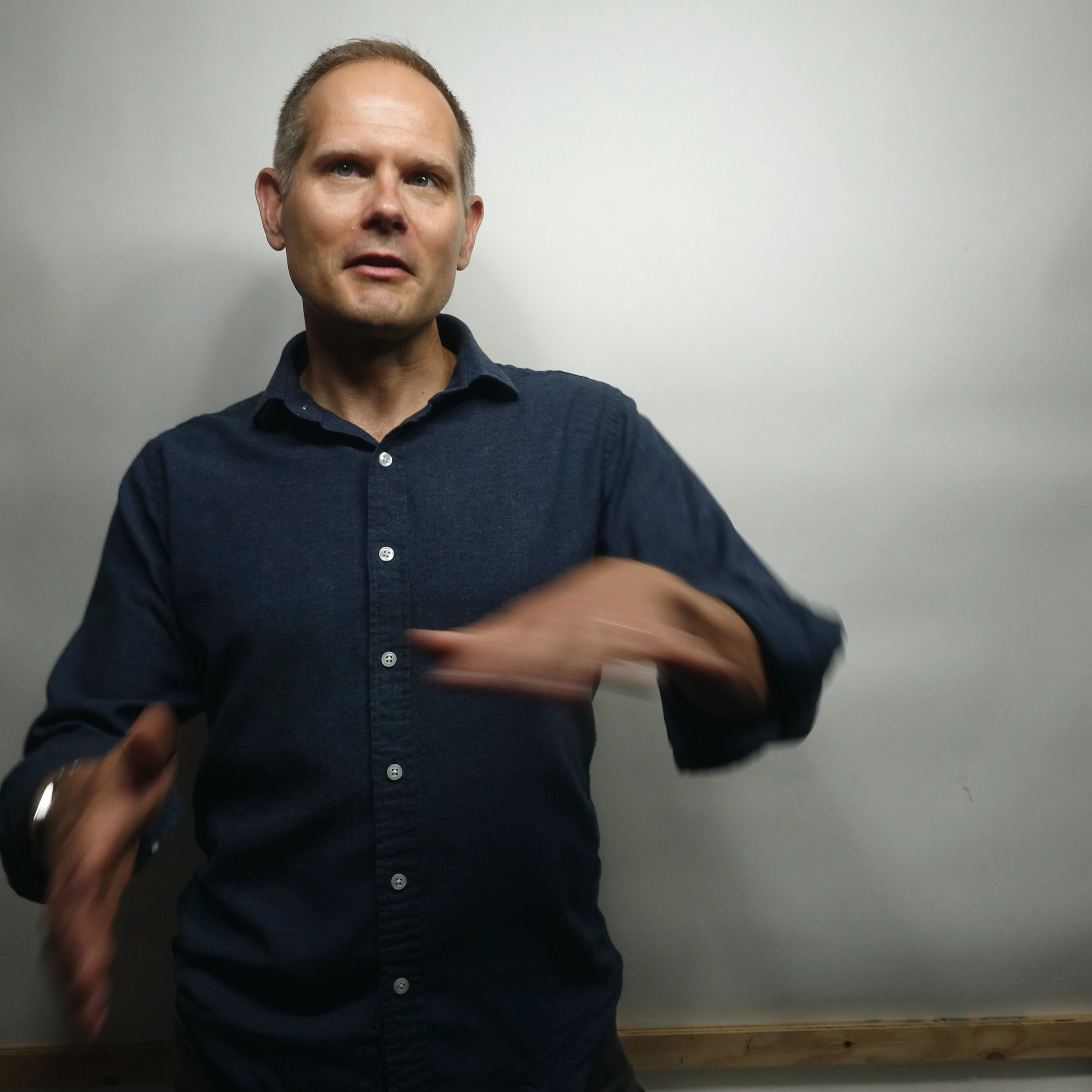“It is ridiculous that humans should need to be reminded of other humans’ humanity. The failure is ours.”
-Warren Etheredge
And yet, we do.
Watching, reading, listening to the news, I am reminded of how difficult it is too process the list of injustices. Taking shape, feeling their weight, my mind turns each into vortexes, swollen waves, gofer hills, shifting sands, and rock walls. I can’t help but anthropomorphize their presence, turning them into fairytales and fables.
Which brings me to this week’s creative, author, and Whitman Professor of Politics, Aaron Bobrow Strain. His latest book takes us on a woman’s story, as an immigrant, a mother, a leader, and as a quick wit. Each role aiding in her survival. Certainly, Aaron’s academic career has taken on the shape of politics, with an MA in Latin Studies, and his PHD in, Geography. Admittedly he is not a trained creative writer, yet creative words are what he pursues to share the “humans’ humanity.”
Here is the thing you need to know about why he made the artist profile series. I remember some art activity, he and I, among other parents types, did years ago. I realized that day, I was not the only artist in the room. I must admit my subjectivity to such things. I learned Aaron, had kept a secret, perhaps even from himself.
It is my hypothesis that an understanding of physical space and dynamics that are not linear, influences process. Growing up with an intention towards civil rights, it is his creativity that he uses to explain politics and geography. It is one more tool to negotiate his work.
“It was a brutal story to hear that first time. It still is. But she exuded such a sense of pride in her ability to survive. Also a kind of brio, humor, and wit that plays a central role in many immigrant experiences, but often gets lost in journalists’ tragic immigration tales.”
In the case of “The death and Life of Aida Hernandez,” he is not building a story just for empathy. He teams her experience, with a 25 year mapped political history, while acknowledging the effects of cruel misunderstandings.
“This isn’t just a book about Aida,” he says. “It’s a book written with Aida about a world we’ve created.”
Proceeds from the sale of the book will be split equally among the author, Aida Hernandez, and the Chiricahua Community Health Centers to support servies for people dealing with domestic violence or sexual assult.
He is the author of three books including Intimate Enemies: Landowners, Power, and Violence in Mexico, White Bread: A Social History of the Store-Bought Loaf, and The Death and Life of Aida Hernandez: A Border Story.
How long have you been in the Walla Walla Valley?
Since August 2004. When I arrived, I’d only lived in giant cities and really remote rural areas. Small town life came as a shock, but Walla Walla has begun to feel like home.
Describe your work to someone who cannot experience it
My recent book is narrative nonfiction. It’s grounded in scholarly research, but written for general readers. Reviews often call it “novelistic.” I take that as a compliment. It’s a blend of real-life immigration thriller, a heart-wrenching story of the human costs of our current approach to immigration, and a history of how the U.S.-Mexico border got to be the way it is today. The main story of the book follows the life of a woman named Aida Hernandez (a pseudonym). There are many twists and turns in her story, and I don’t want to give too much away. But it takes readers into the world of for-profit immigration detention, immigration courts, the asylum process, and the workings of a vast border security industrial complex we’ve created over the last twenty years.
Where do you make your work?
At a table at the Colville St. Patisserie. I also write in an office I built in my garage out of thirteen species of reclaimed wood. The desk is a 3-inch slab of local juniper.
What is your favorite tool? How do you use it?
A 4”x8” reporter’s notebook (interview notes from my last book filled 23 of them) and Post-It Notes. I plot the structure of my books with Post-It Note maps that cover whole walls.
Art School or no art school?
I actually took early-start classes at the School of the Art Institute in Chicago when I was in high school, but it was not for me. I’ve also never taken a writing course. I wish I had, though—it might have saved me a lot of time and grief.
Where do you find courage?
The example of migrants and refugees fighting to survive and make a place for themselves in the face of deadly obstacles, open racism, and deliberately cruel treatment.
What are you reading?
Fiction fuels my non-fiction writing. Today, I’m mulling over Héctor Tobar’s The Barbarian Nurseries and Lucia Berlin’s A Manual for Cleaning Women. I’ve come back over and over again to Sandra Cisneros’ The House on Mango Street and Anne Michael’s Fugitive Pieces. My secret love is globe-spanning historical fiction like Yaa Gyasi’s Homegoing and Esi Edugyan’s Washington Black.
"The death and Life of Aida Hernandez: a border story,” by Aaron Bobrow Strain, Farrar, Straus, and Giroux. April 2019, Available in Walla Walla at Earthlight Books 321 East Main Street, Book & Game Co. 38 East Main street, Whitman Bookstore, 345 Boyer ave. Plus amazon.com and books stores everywhere.
Warren Etheredge is the co founder of the Movie Crush. He moderated the 3rd annual film short festival, that he curated. He referenced John Sinno’s sentiment, Film maker of “Gaza Strip.” For more info: WWMC
